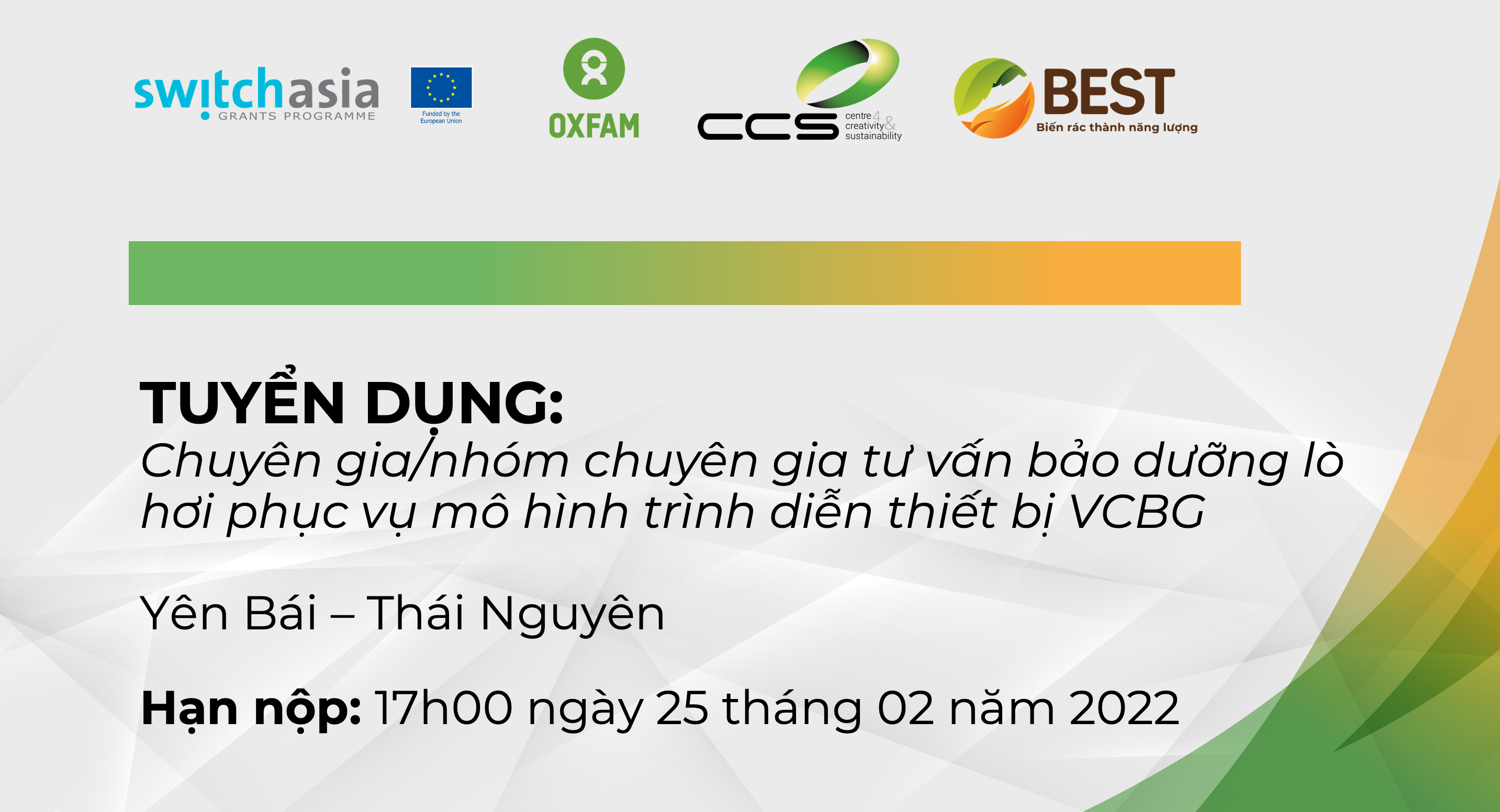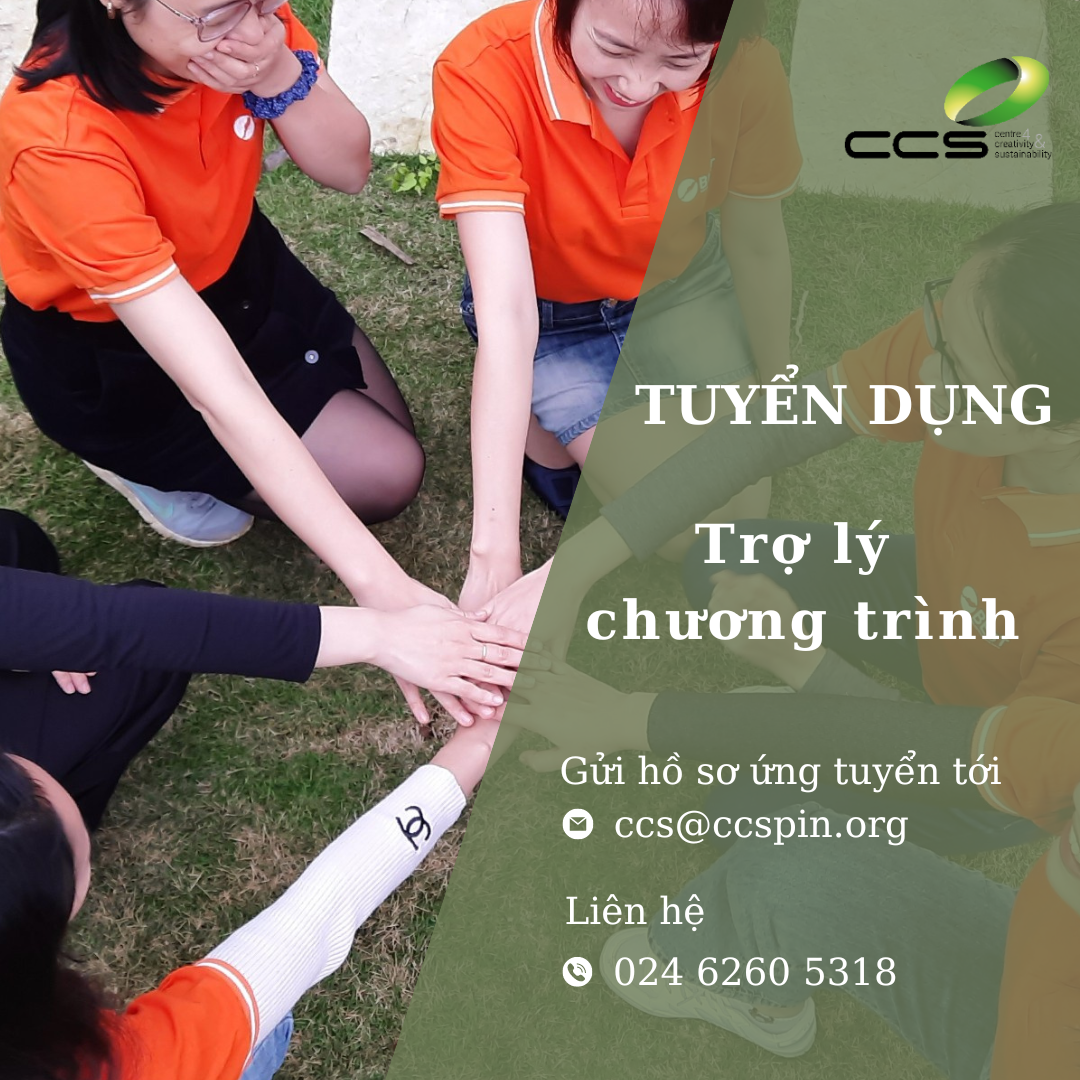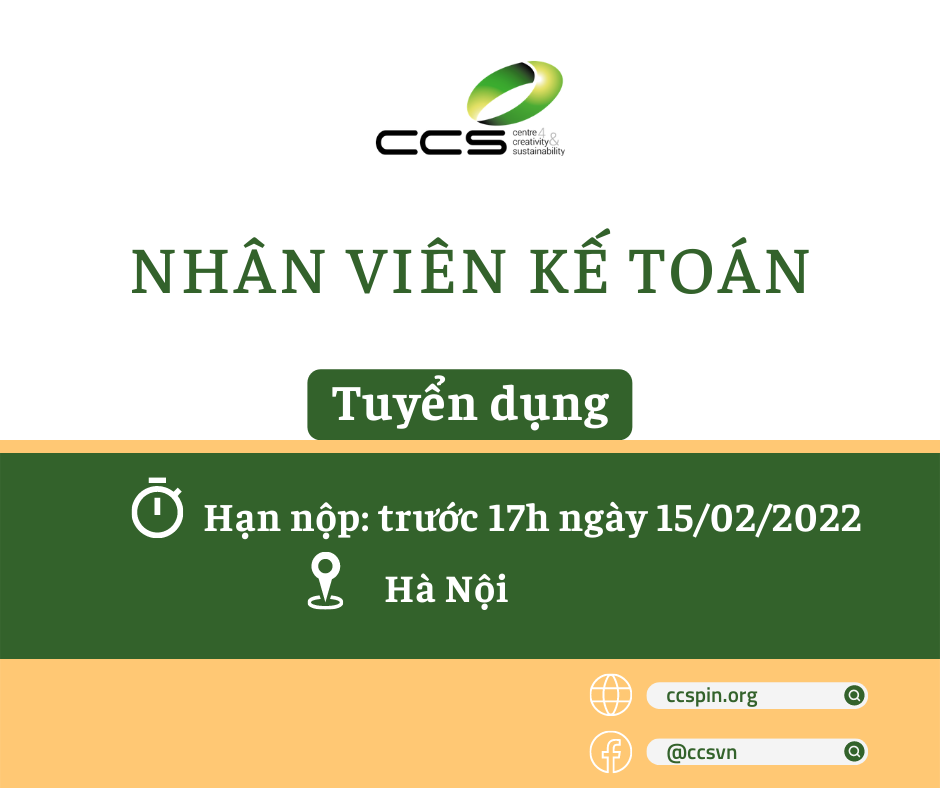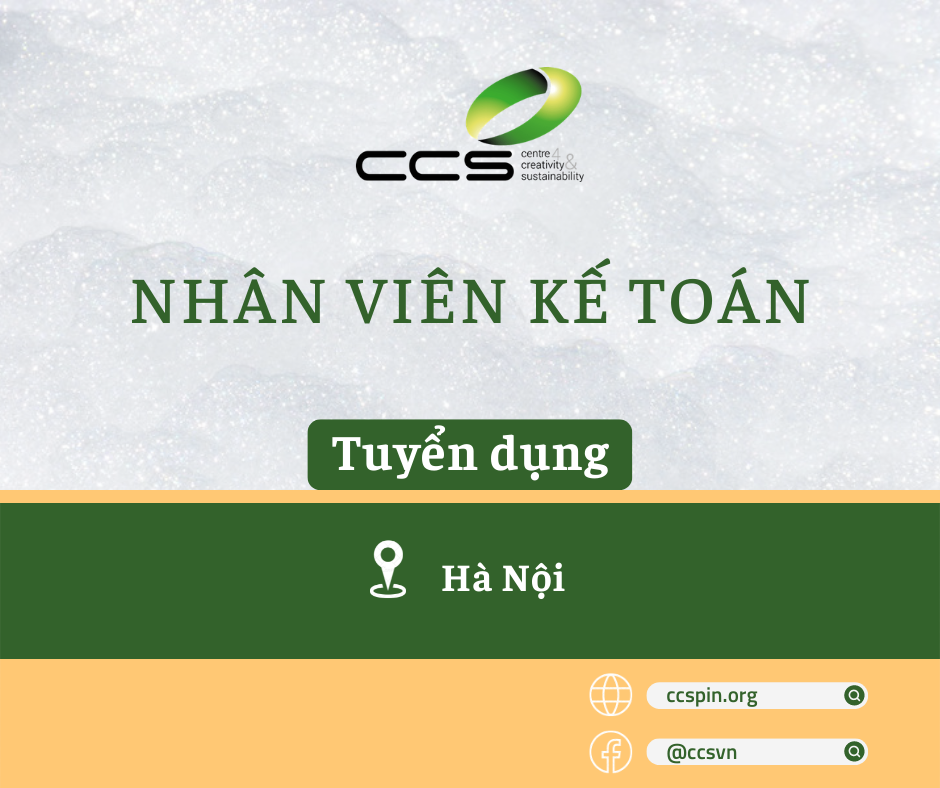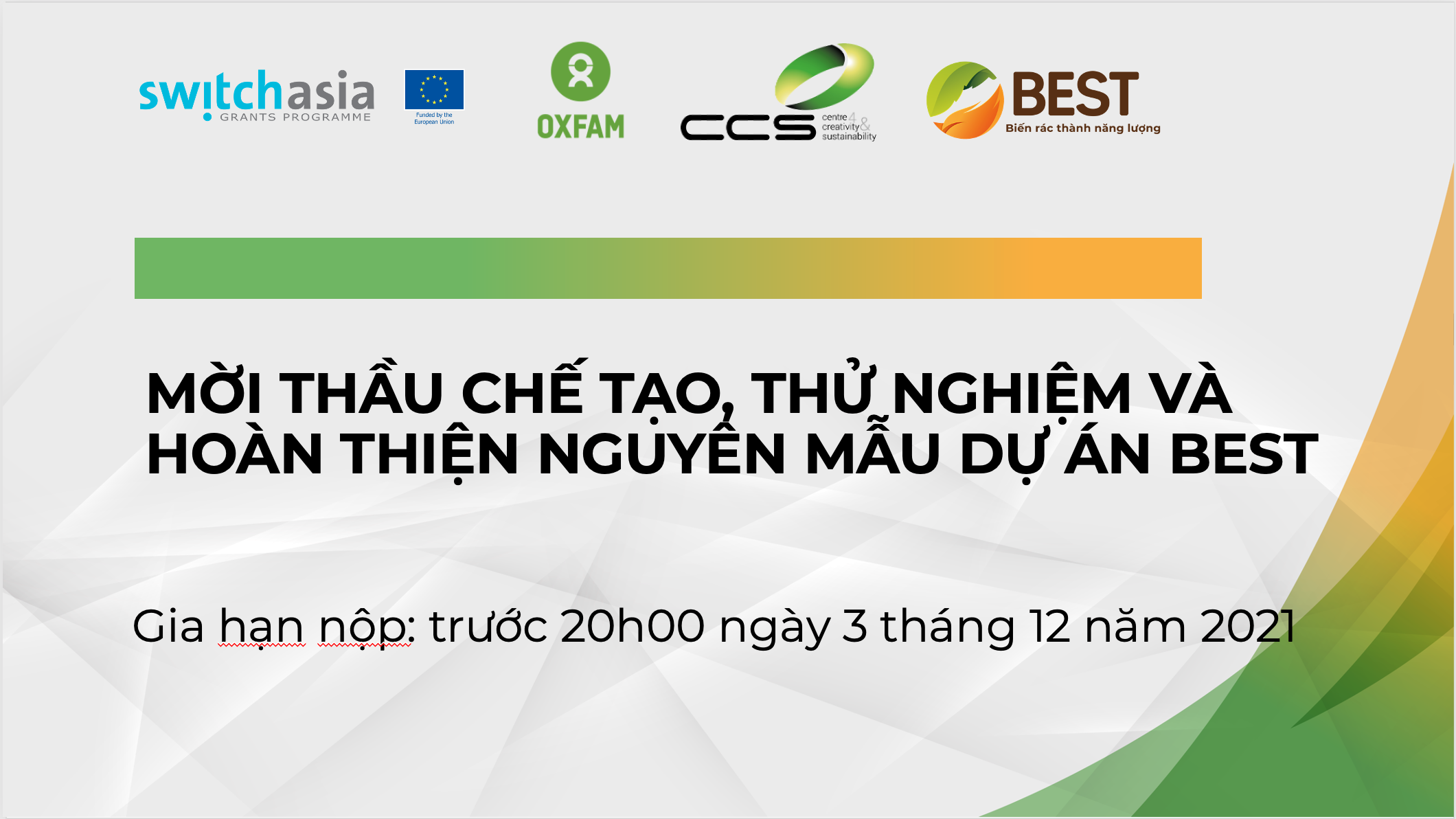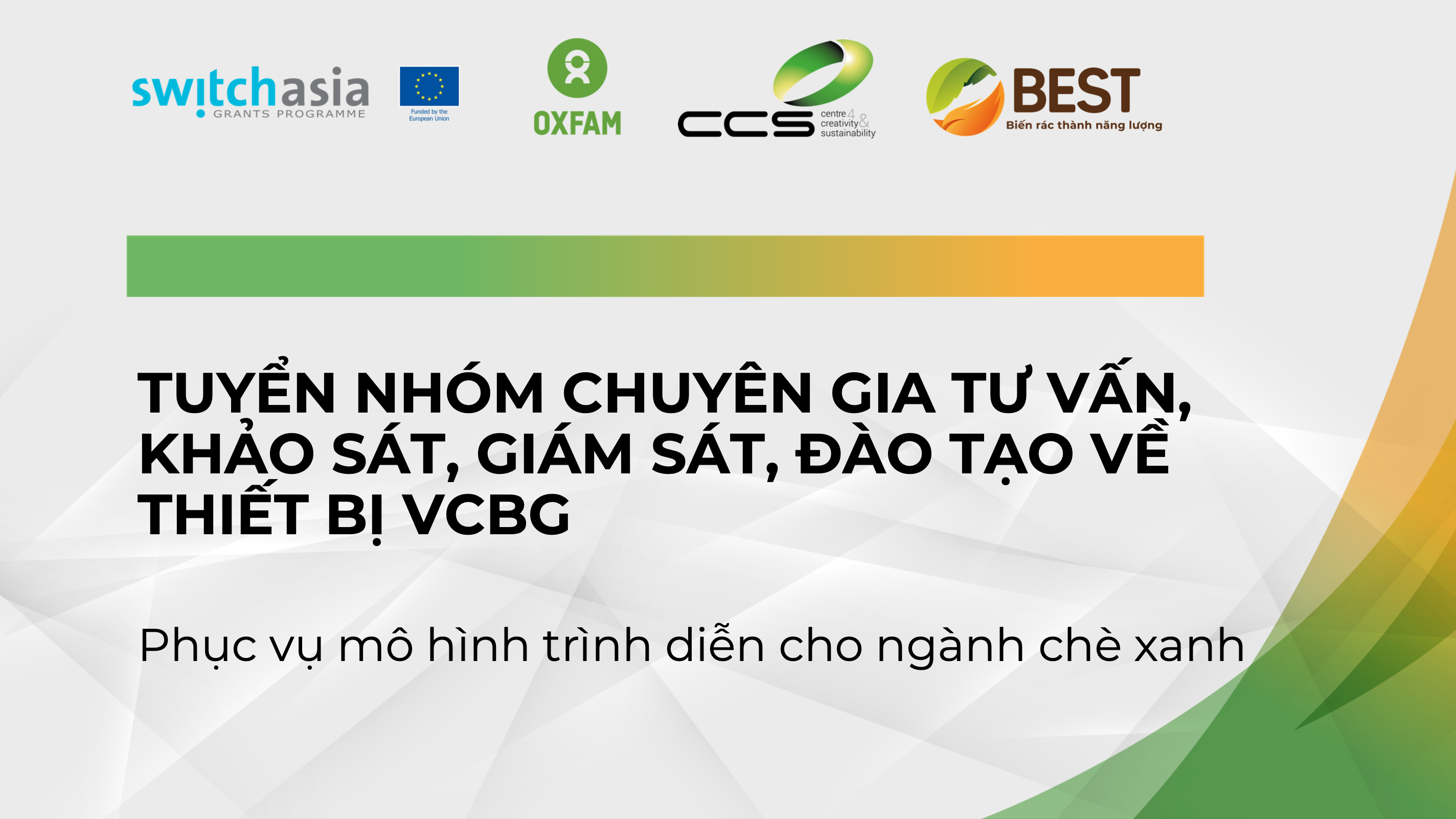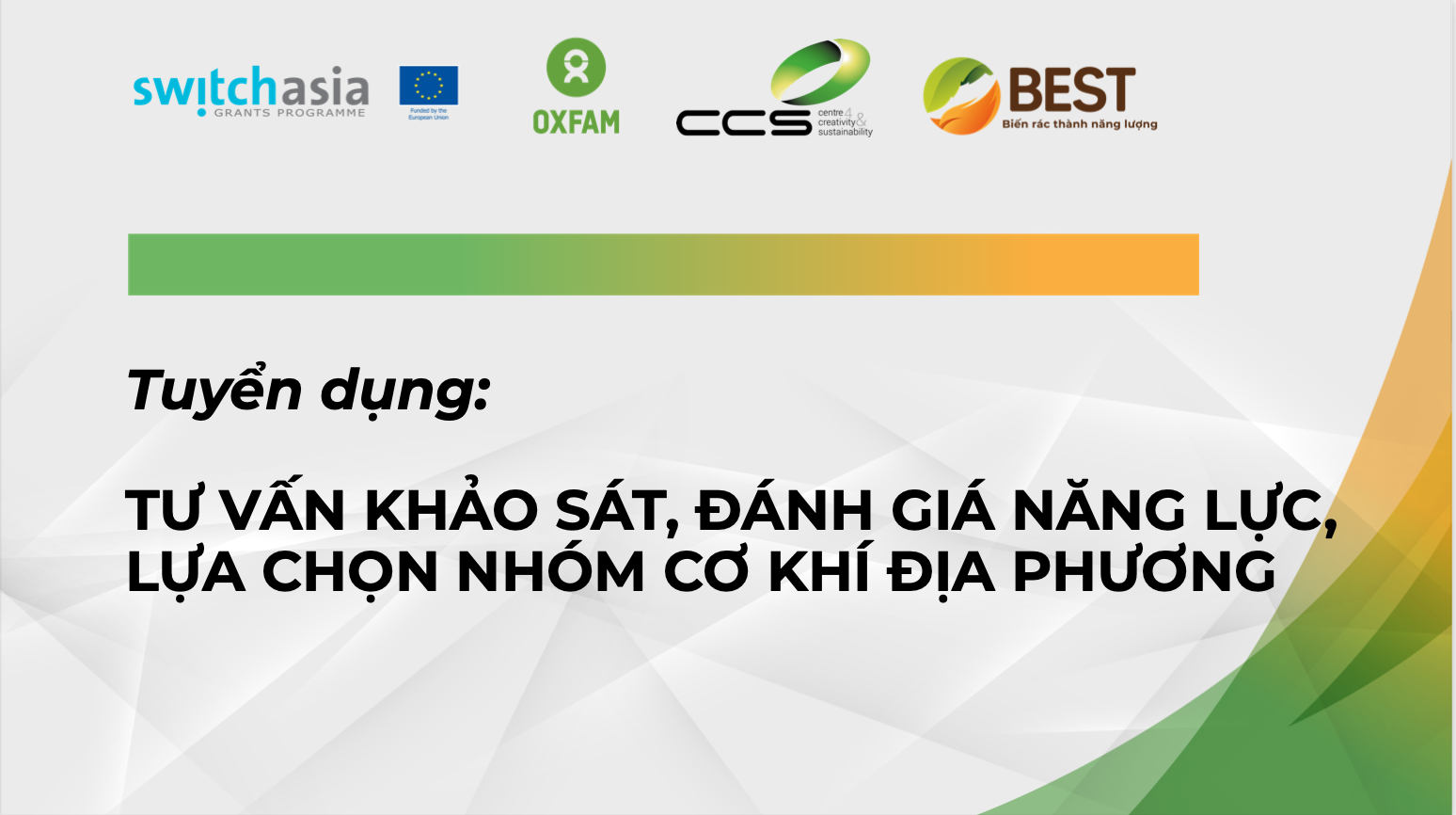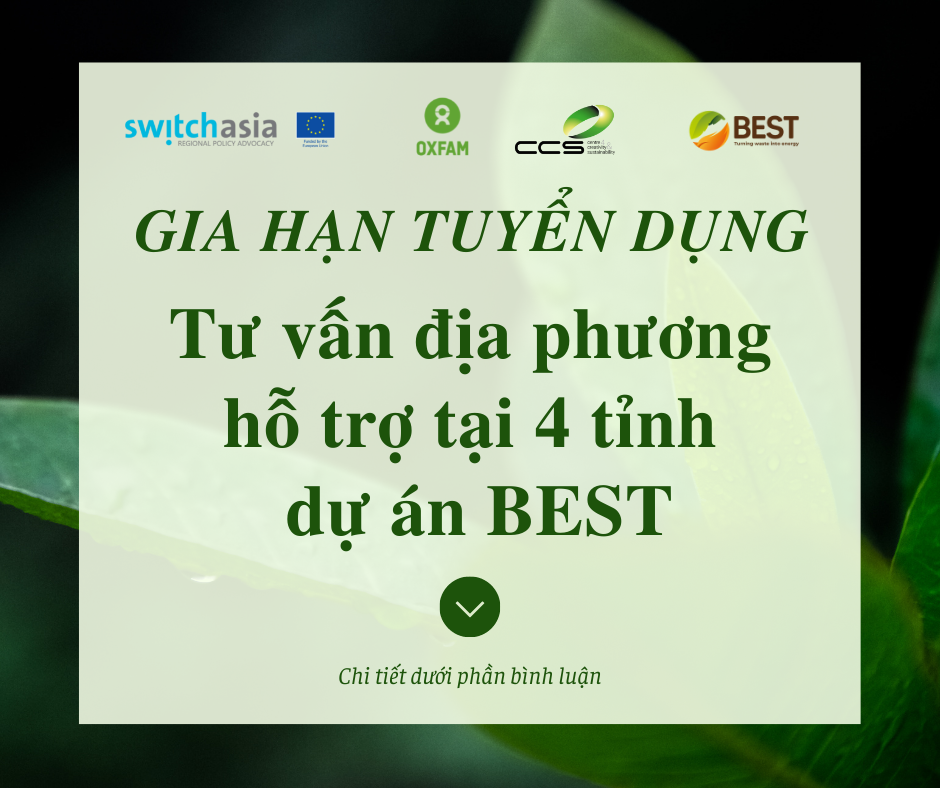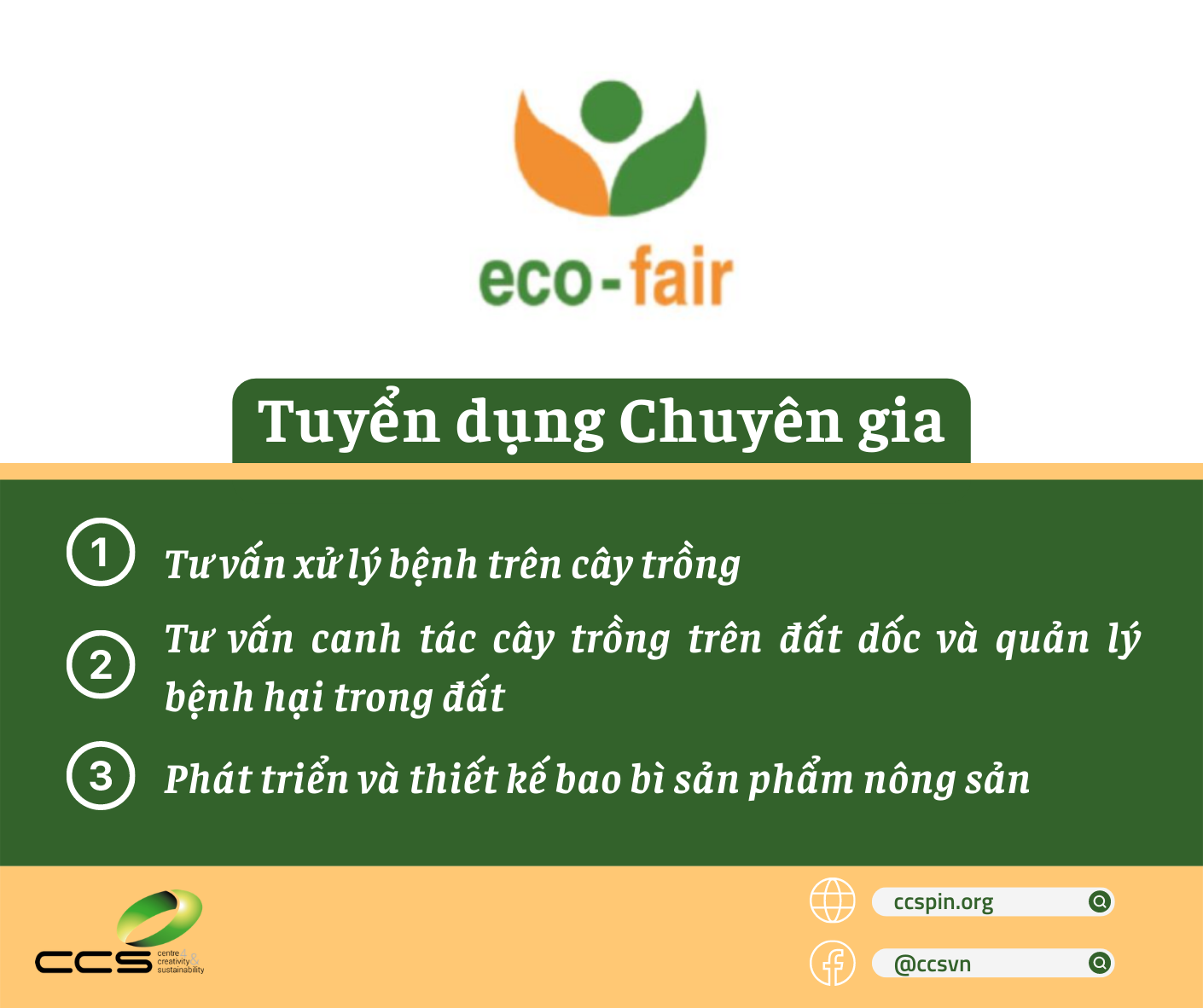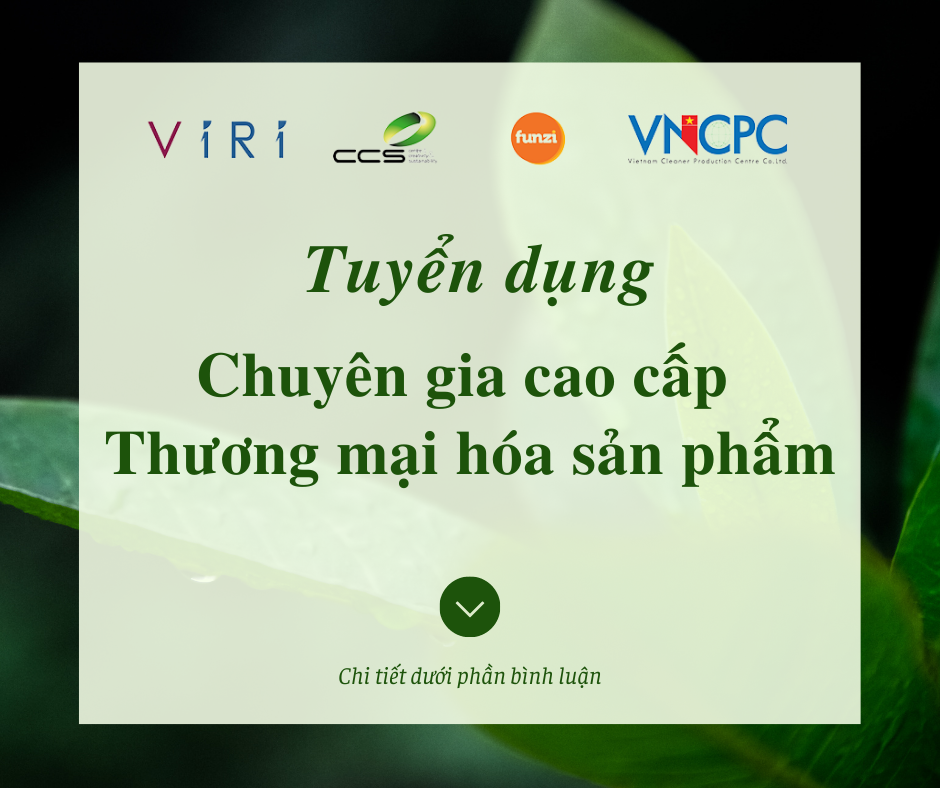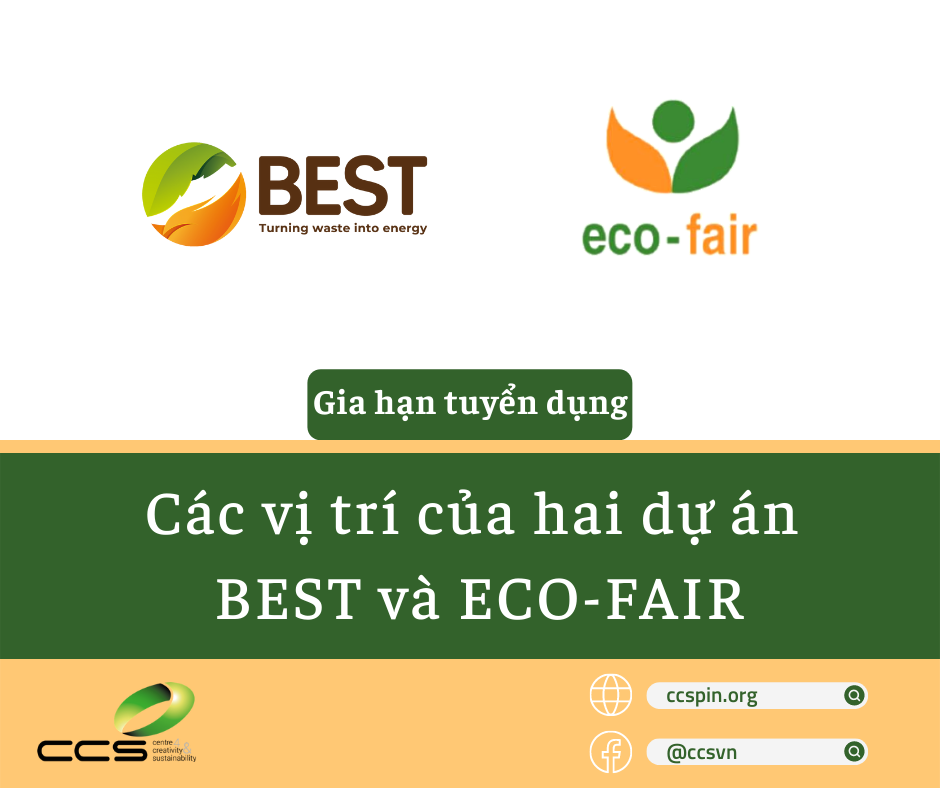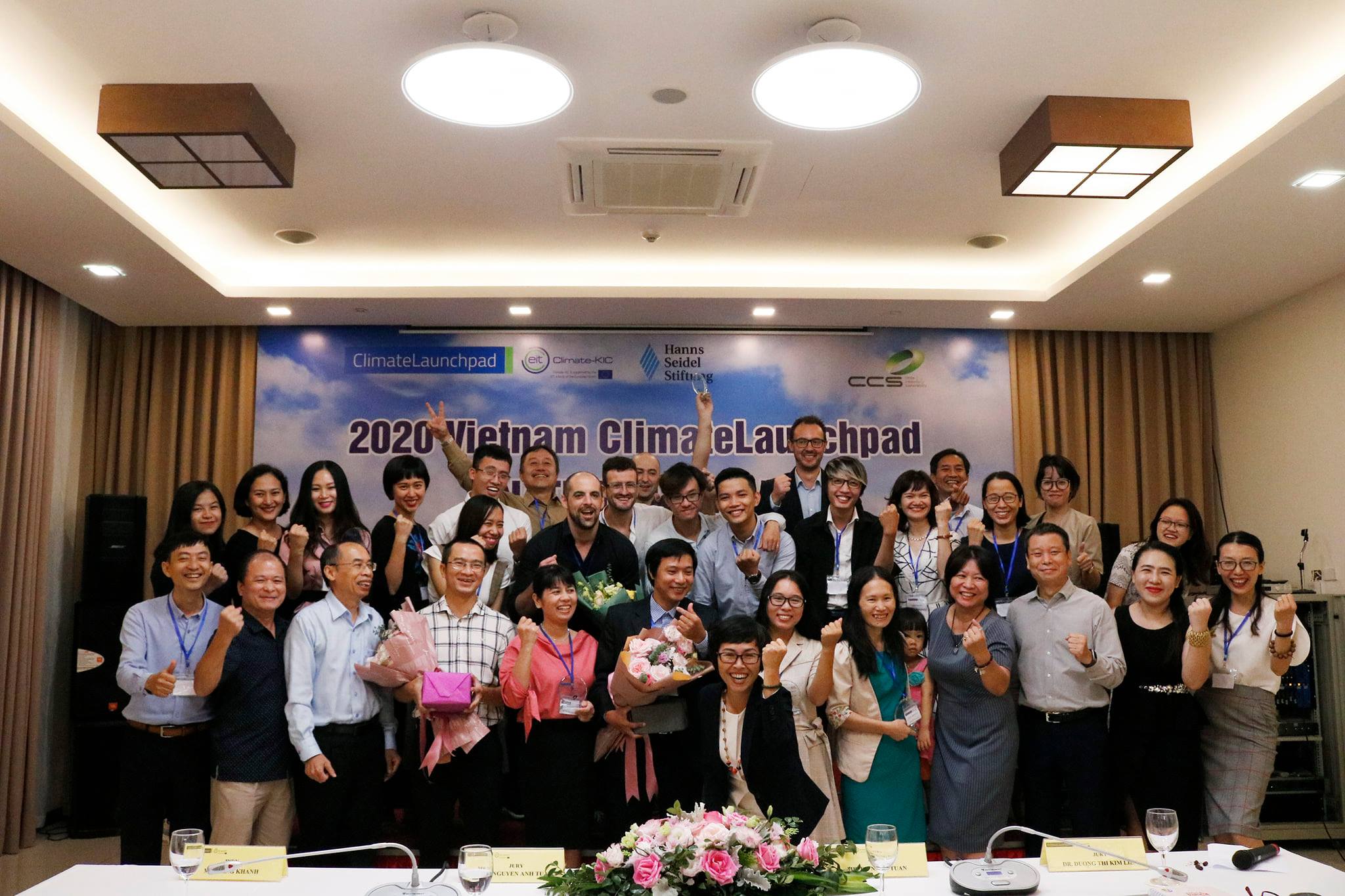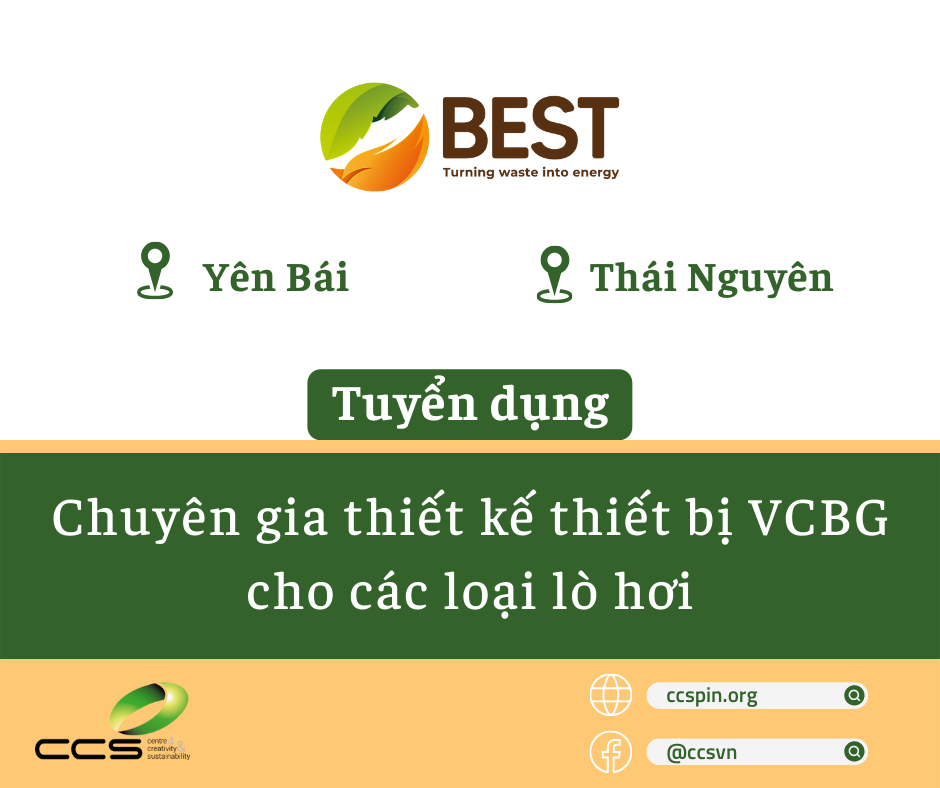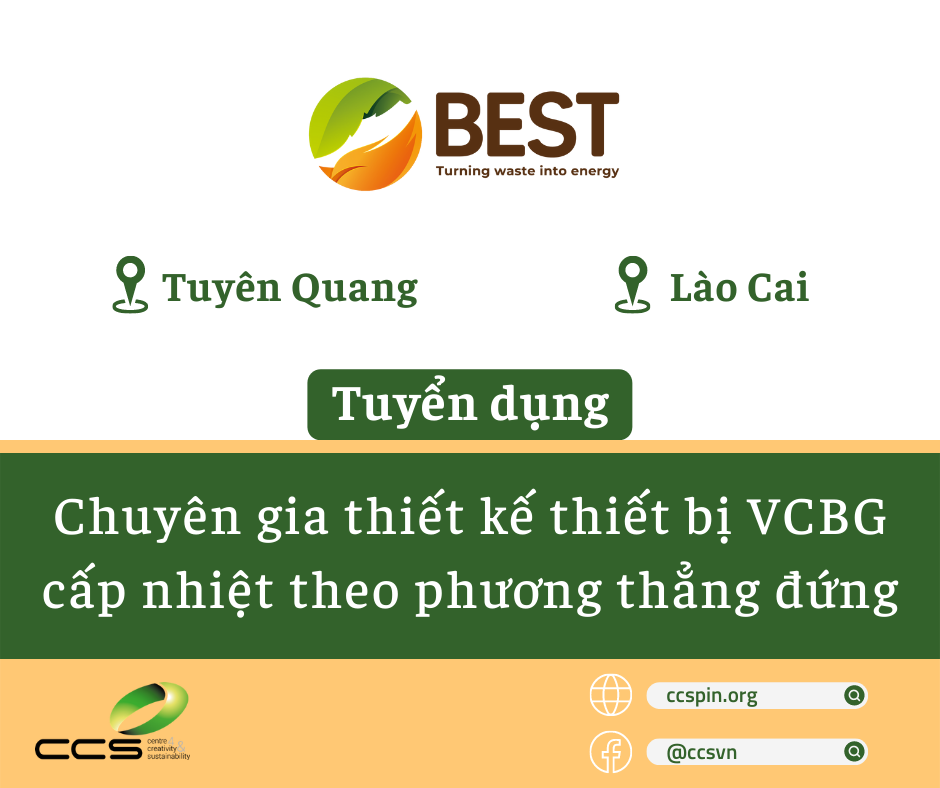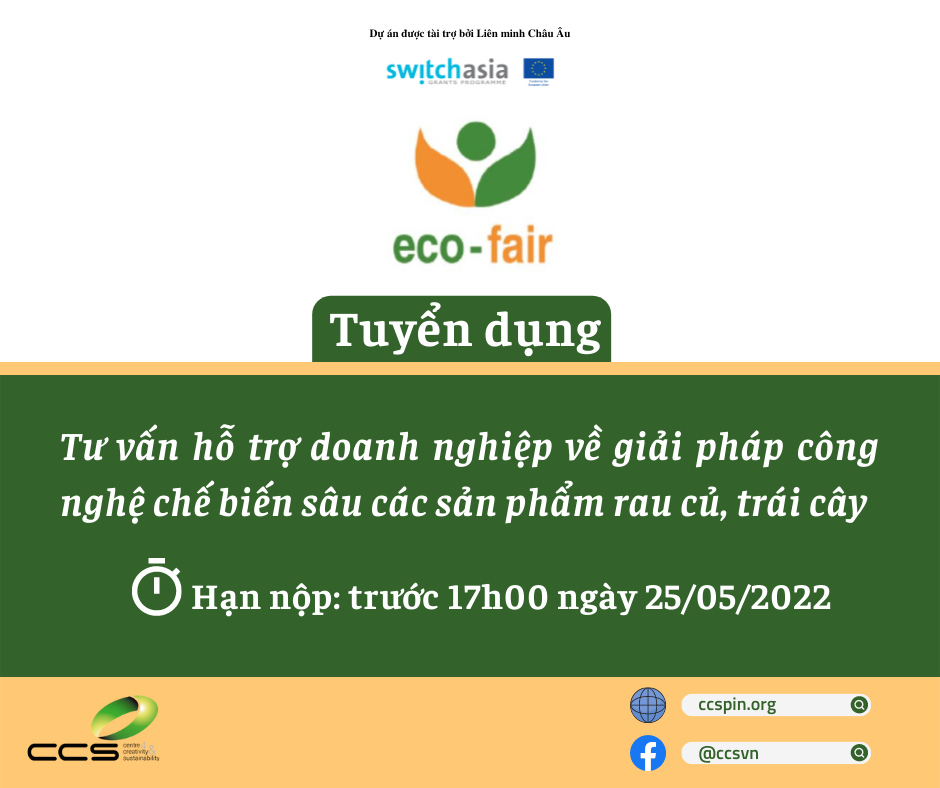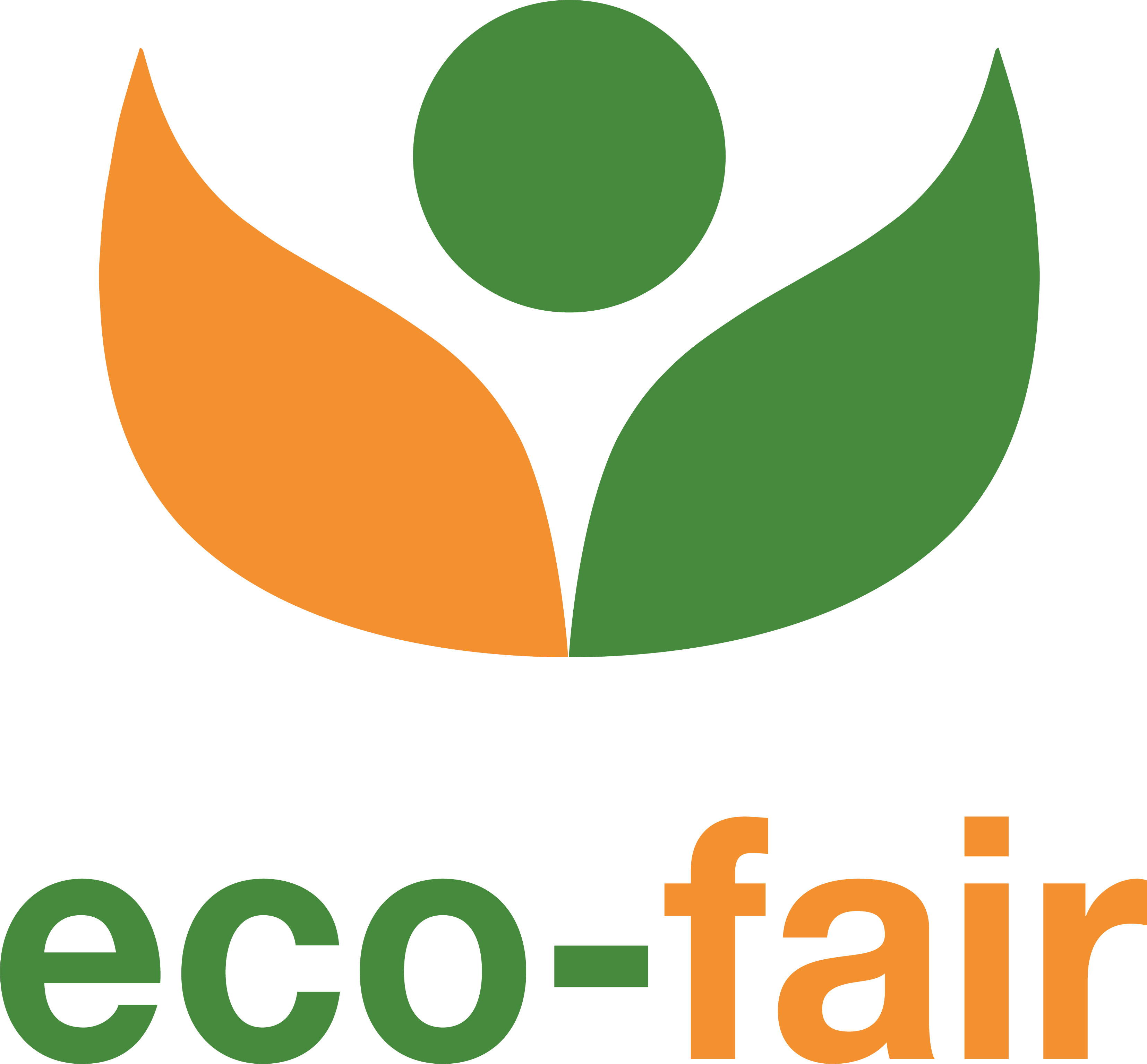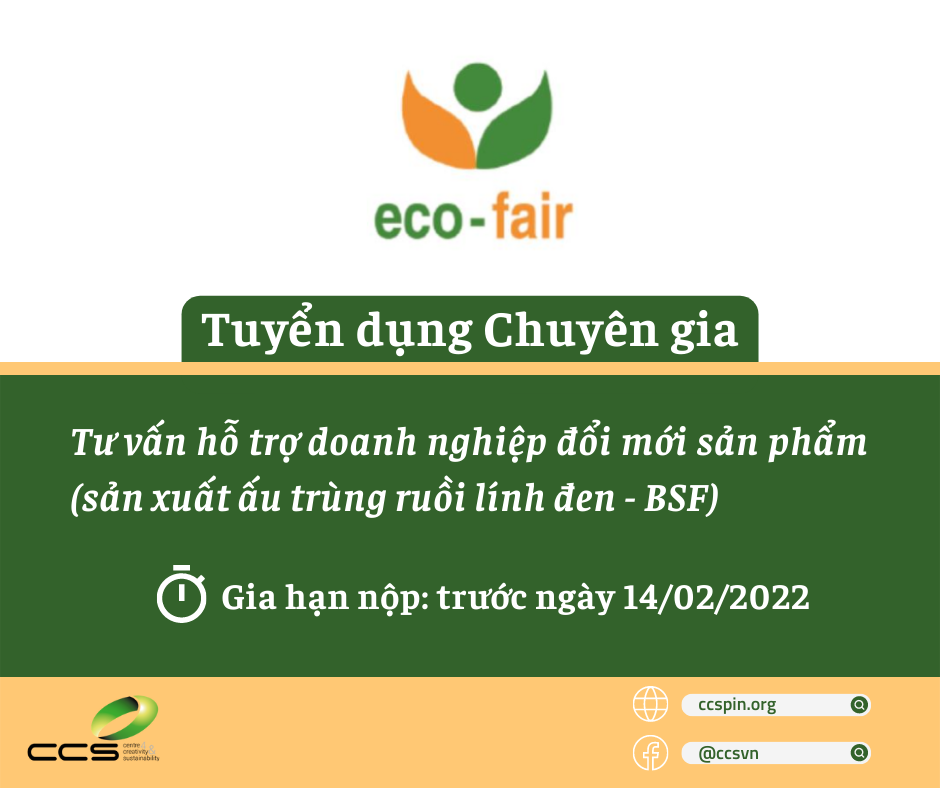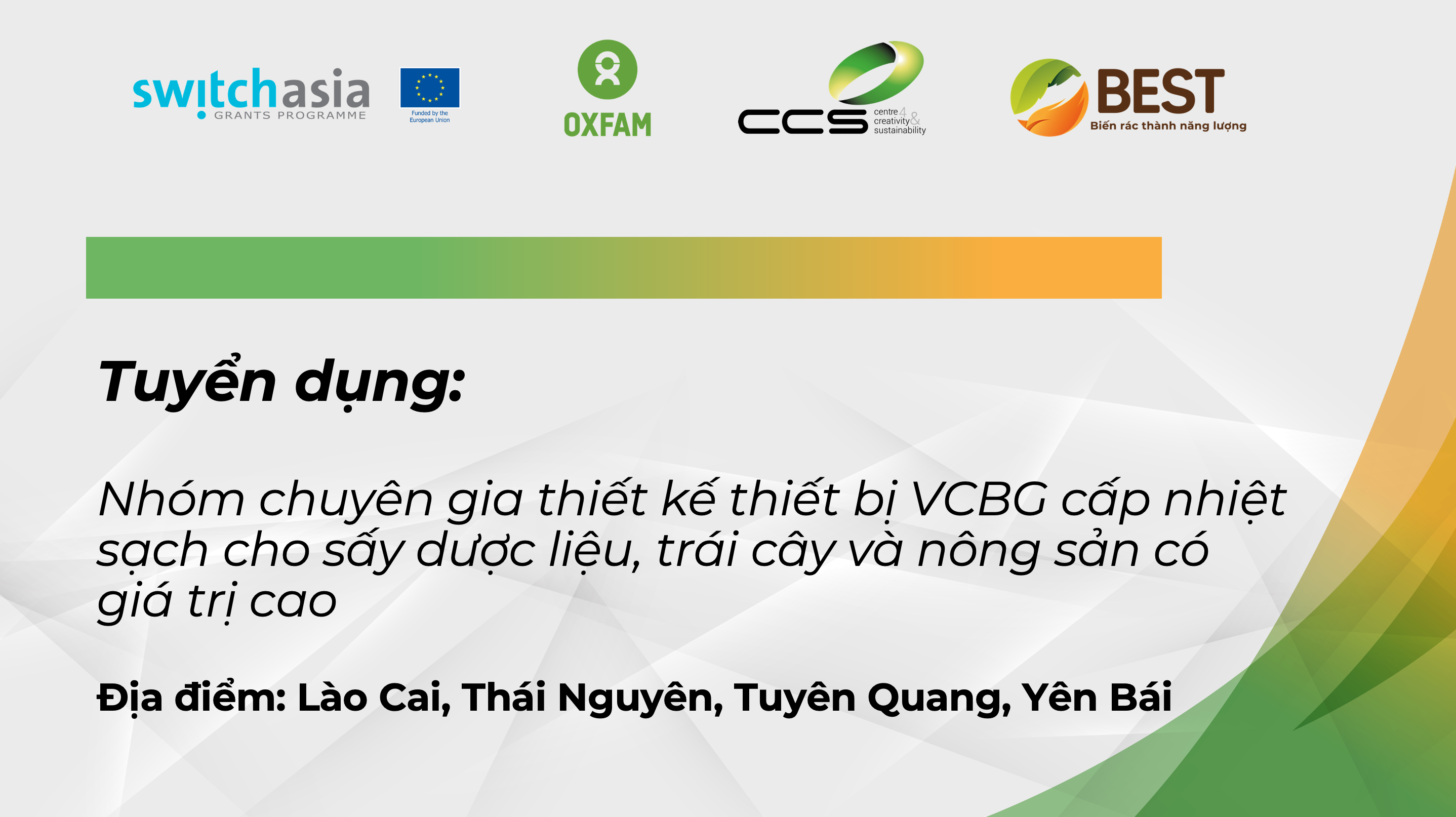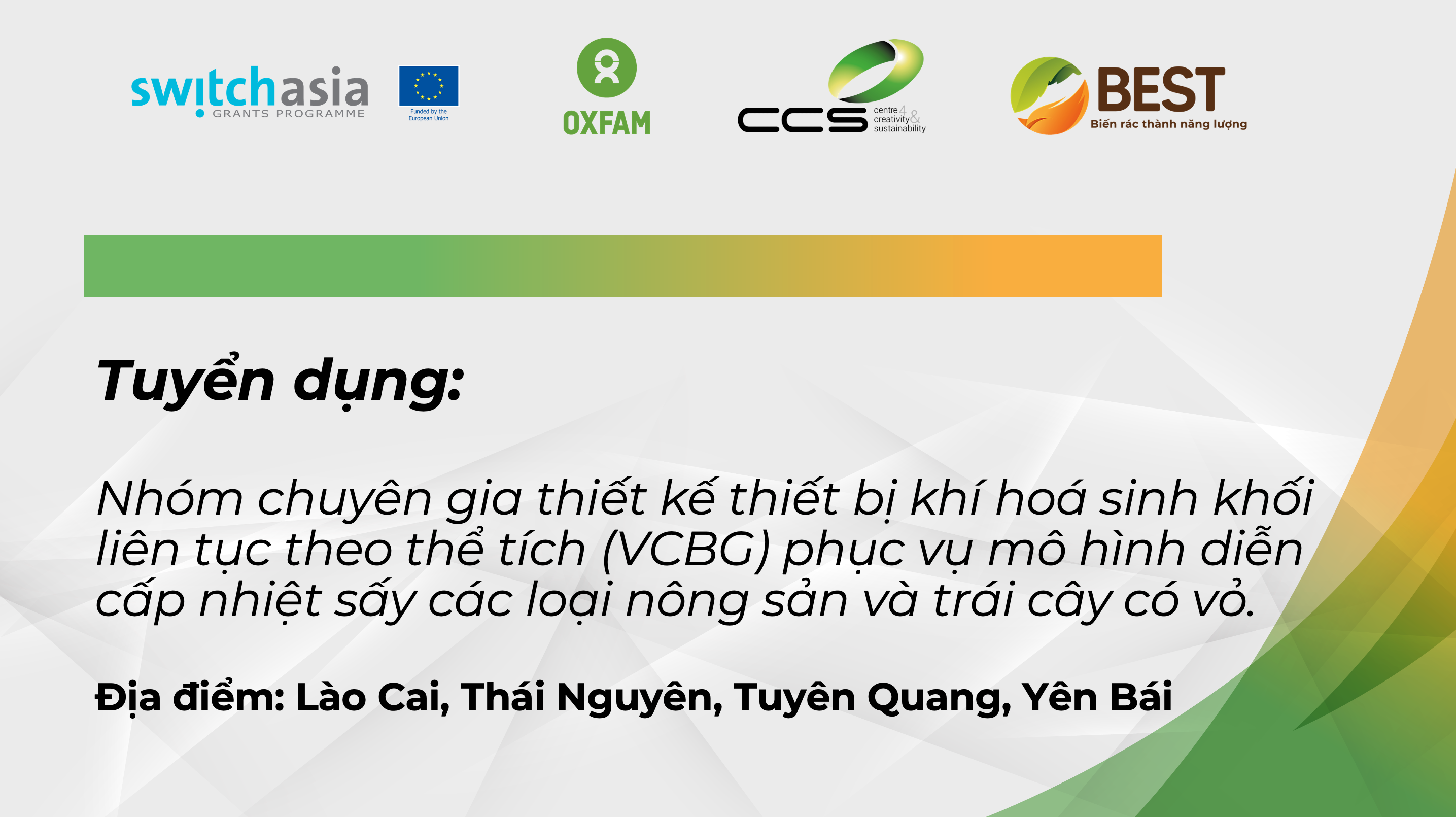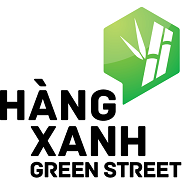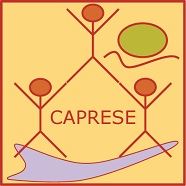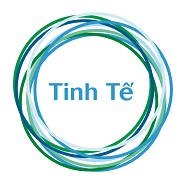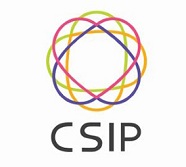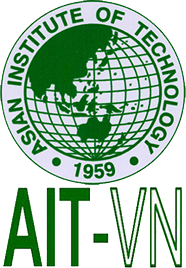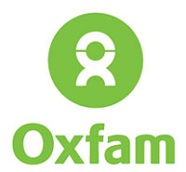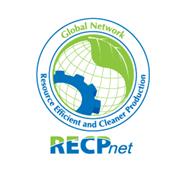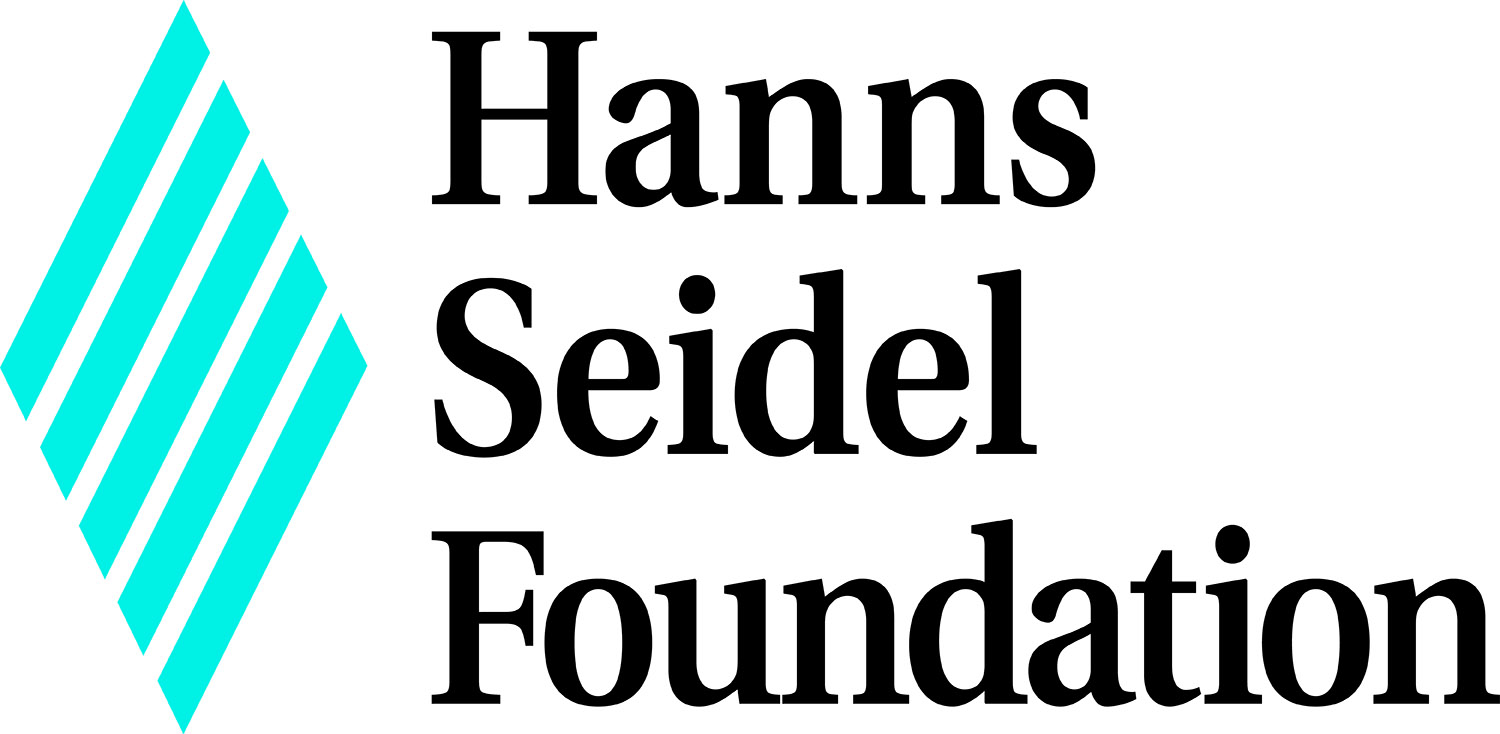TERMS OF REFERENCES
Consultancy service for advising sub-sectors and priority product lines
in agri-food processing in Vietnam for intervention
1. BACKGROUND
Asia and the Pacific is fast becoming the largest market in the world with the strongest economic growth of all regions, driven by increasing domestic private consumption and intraregional trade. The region plays a central role in global value chains with large opportunities for resource-efficient production practices. However, this growth remains largely founded on unsustainable consumption and production patterns that exacerbate inequality and environmental degradation, intensifying existing risks and vulnerabilities in a changing climate. (UNESCAP, 2017) The unprecedented growth of product demand in Asia in particular requires an equally strong shift towards sustainable consumption to decouple resource use and growth. Vietnam, in its road to an open market, has signed several Free Trade Agreements (FTAs) with countries around the world, in which tax favour for Vietnamese goods is traded off with sustainable production and information transparency. Significantly, on 30 June 2019, the EU and Vietnam signed the EU–Vietnam Free Trade Agreement (EVFTA), which is considered the “most ambitious” free trade deal the EU has ever conducted with a developing country. Close attention to emerging issues is also included in such agreements, with provisions on intellectual property protection, sustainable development, labour standards, climate change, and biodiversity.
Though holding high hopes to boost Vietnamese exports, the FTAs also raise concerns about the capacity of Vietnamese enterprises, especially MSMEs, to meet higher regulations and overcome technical barriers. In 2018, Vietnam’s agri-food exports to the EU were worth 2.5 billion EUR, comprising more than 6% of the total export value, but there has been a decreasing trend within the past years. The reasons include increasingly higher standards by the EU for imported products, namely food quality and safety as well as origin certification and traceability, which are beyond the Vietnamese producers’ ability to reach. To further complicate the situation of joining FTAs, Vietnam, obligated to open its market to high quality and diverse EU agri-food products, is gradually pressured to improve its competence in an equal manner, or risk losing the battle in its own domestic market to foreign products and companies.
Incomes are increasing and food consumption value is estimated at about 15% of GDP. Notably, during the course 2013-2018, processed food and beverages consumption in Vietnam increased by over 16% per year. Taking advantage of the trend, over 11.2 billion USD of foreign investment poured into the country’s food processing industry by 2018, excluding those formed through merger-acquisition deals. Customers are paying more attention to traceability, verification and safety standards, and are willing to pay more if such agri-products are available. According to a study from the University of Adelaide on urban food consumption: (1) “A large share of consumers indicated awareness of products that were labelled with guarantees related to: safety (79%), country-of-origin (73%), and pesticide-free (72%). Of those who were aware, roughly one half had previously purchased products labelled with these attributes (51%, 55% and 43% respectively)”; and (2) “The majority of respondents (>67%) indicated a willingness to buy ‘certified safe’ products and a willingness to pay about 20% more for a certified product relative to a non-certified product.” This is representative of the “safe food product” trend across Vietnam, from urban to rural areas.
In order to promote sustainable consumption and production through the enhancement of eco-fair products, Vietnam Rural Industries Research and Development Institute (VIRI), Vietnam Cleaner Production Centre Ltd., (VNCPC), Center for Creativity and Sustainability Study and Consultancy (CCS) and Funzi Ltd., have been granted by European Union to deliver the three-year action: “Promotion of supply and demand of eco-fair agri-food processing products in Vietnam”.
This action includes five objectives, as outlined below:
Objective 1: To enhance the capacity of MSMEs to implement sustainable production and product innovation practices in the agri-food supply chain
Objective 2: To raise awareness of a large consumer group about sustainable consumption behaviours and to build a network to promote the eco-fair label
Objective 3: To use a sustainable E-platform to build an eco-fair retailer network
Objective 4: To enhance the capacity of eco-fair MSMEs to access financing
Objective 5: To support policy development on eco-fair production and consumption in Asia
In such action, CCS is in charge of consultancy and supporting companies with product innovation and technology improvement. In order to guide our work especially in choosing sub-sectors in agri-food processing for in-depth interventions, CCS is looking for consultant(s) to conduct a ‘Consultancy service for advising sub-sectors and priority product lines in agri-food processing in Vietnam for intervention’.
2. OBJECTIVE
The consultancy service aims to provide an overview of the agri-food processing sector in Vietnam, with an in-depth analysis on chosen sub-sectors based on “3P (Profit – People – Planet) – LCA (Life Cycle Assessment)” approach. Based on such analysis can the consultant(s) propose sub-sectors and priority product lines that the project should be focused on to maximize the impact of interventions.
3. EXPECTED OUTPUTS AND TIMELINE
The consultant(s) is expected to design and carry out a comprehensive, accurate and valid report advising sub-sectors and priority product lines in agri-food processing in Vietnam. It is also expected that primary data and information shall be gathered from experts, policy makers, SME managers or any other relevant stakeholders having trustworthy opinions and data about agri-food processing in Vietnam to contribute to informed decisions of the mission.
The service is expected to be conducted in July and August 2020. The consultant(s) would be expected to provide the following:
· The consultancy service design, methodologies, tools, and workplan;
· Draft report outline;
· Primary data;
· Draft report: The report should fairly represent the data and information collected and research, from which valid and informed advice about sub-sectors to focus can be drawn. All findings have to be evidence-based and well structured.
The draft report of the mission could be either in English or Vietnamese, and has to be submitted to CCS by August 15th, 2020.
· Final report in Vietnamese or English: The final report needs to include an executive summary of no more than 2 pages. The maximum length for the report will be 30 pages plus appendixes.
The final report of the mission should be submitted to CCS by the end of August 2020.
4. SCOPE OF WORKS
The consultants is expected to do the followings:
· Desk review on agri-food processing and its sub-sectors;
· Analysis of chosen sub-sectors based on 3P-LCA approach;
· Field visits to the relevant stakeholders to gather information and data;
· Analyze the results and consult with CCS team in order to suggest the appropriate sub-sectors and product lines;
· Present the survey results in the meeting with CCS team;
· Finalise the report with key findings and recommendation.
5. REQUIREMENTS
The consultancy service shall be guided by a convincing and comprehensive methodology. The designed methodology should take into account the following principles:
· 3P-LCA approach as a guideline to find sub-sectors and product lines for in-depth interventions.
· A collaborative approach, engaging staff, partners and other key stakeholders as appropriate in the design and implementation the survey.
· A participatory approach with particular emphasis on capturing a cross-section of views from the target groups.
· Qualitative and quantitative assessment techniques will be applied for the mission.
· In-depth individual interviews, key information interviews, focus group discussions, observations and document review.
· Use of purposeful sampling and qualitative and participatory methods/tools to generate understanding of underlying causes of the problems/issues.
· Triangulation and cross checking of data through using multiple sources.
6. DESIRED QUALIFICATIONS OF THE CONSULTANT(s)
The consultant(s) assigned to this mission is expected to possess the following qualifications:
· Advanced qualifications in one of the followings: Economics,Business, Commerce Product Innovation, Agriculture, Agribusiness or development related fields.
· At least 5 years of professional experience in related field (economics, commerce, agriculture, etc). Priority is given to applicants having particiated in projects relating to product innovation and Sustainable Consumption and Production.
· Demonstrated skills and experiences in assessment methodology, familiar with agri-food processing sector and its specifics;
· Excellent ability to analyze and synthesize in concise and clear language;
· Excellent writing skills.
· Strong communication skills, both oral and written
7. SPECIAL TERMS
Intellectual property rights: CCS shall own any data, reports created, gathered, discovered, obtained, or developed by the contractor. Any reproduction, translation, derivation, distribution or other use of this work is prohibited without the express permission of CCS.
Contractual relationship: The selected consultant(s) will enter into a contract with CCS for the services delineated in this Scope of Work and others as may be agreed by both parties.
8. PROPOSAL SUBMISSION
Work proposal in Vietnamese or English. Companies/organizations/individuals group interested, please submit a detailed work proposal that fully describes the anticipated steps and level of effort required to accomplish the work outlined above.
The Proposal should be specified in terms of:
· Technical methodology to achieve the mission objectives within expected timeframe;
· Specific work schedule to fulfill the tasks;
· Curriculum Vitae (CV) of the consultant(s) with any professional experiences/accomplishments similar to the work required above;
· Breakdown financial proposal;
· Supporting documents (e.g: Example of Similar Work Product) to prove the knowledge, skills and experience of Consultant(s) that relate/ similar to the assignment: Either include a copy of or online reference to similar work product which demonstrates consultant(s)’s capacity to successfully and satisfactorily accomplish the work required.
Successful submissions will draw upon expertise and experience in performing similar work in developing their proposals, and where necessary may adjust the workflow/requirements outlined above if deemed necessary to achieve high quality results. The proposal will include level of effort and cost associated.
Applications must be sent through
(1) mail to Center for Creativity and Sustainability Study and Consultancy (CCS) at: No.49, Alley 2, Hoang Sam Street, Nghia Do Ward, Cau Giay District, Hanoi (Attn: Ms. Nguyen Thi Phuong - Tel: 0328169779 - Director’s Assistant) or
(2) email to: This email address is being protected from spambots. You need JavaScript enabled to view it.
Deadline for submission: by July 12th, 2020
For any clarification, please contact:
Ms. Nguyen Thi Phuong
Tel: 0328160779
Email: This email address is being protected from spambots. You need JavaScript enabled to view it.
Only shortlisted candidates will be contacted for interview!



